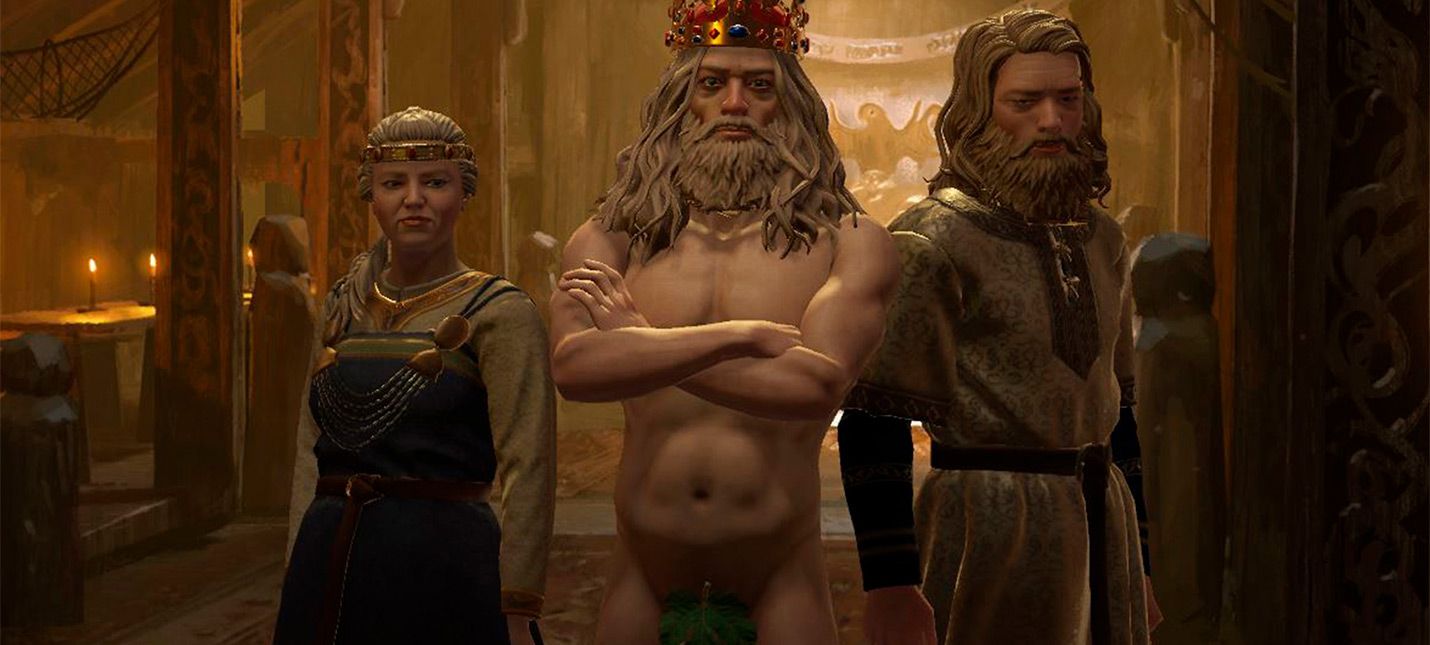

Medieval rulers, for example, routinely greeted one another with a kiss (the biblically sanctioned "kiss of peace"). In centuries past, a wider range of body parts might come into diplomatic play. Only this week, Jonathan Powell's account of the Northern Irish peace process has highlighted the significance of Tony Blair's decision to shake hands with Gerry Adams - the press of prime ministerial flesh on republican palm a powerful gesture of political intent. Gillingham's suggestion that this was "an accepted political act, nothing sexual about it" might strain modern credulity - but we should remember that diplomacy has always been intensely personal, if not downright physical. Now, however, as the BBC prepares to air a new Lionheart docu-drama, the king's biographer, Professor John Gillingham, has pointed out that Richard's ostentatious bed-sharing with the French king was the product of a political alliance rather than a lovers' tryst. In 1187, a chronicler reports, the two men were so close that "at night the bed did not separate them".

As a presence on the silver screen (most famously in the shape of the young Anthony Hopkins in The Lion in Winter) his homosexuality has rarely been in doubt.Įnglish history isn't short of gay or bisexual monarchs - Edward II, James I, possibly William II - but the historical evidence for counting Richard I among their number rests on one contemporary document concerning his relationship with King Philip II of France. For the past half-century, Richard the Lionheart - that buff, bronzed warrior who hardly saw his wife and had no children - has been something of a gay icon.


 0 kommentar(er)
0 kommentar(er)
